
Analysis
Myat Soe
Though the UN Secretary General Ban Ki-moon has expressed frustration at the failure of Burmese generals--to take "tangible steps" to include Aung San Suu Kyi and other political opposition parties in their roadmap to democracy, and to open up the political process; the military junta continues arresting members of the NLD-National League for Democracy and human rights activists in Burma. It is clear that the military regime is bent on excluding the entire NLD, its leadership, and other political opposition organisations from the planned 2010 general elections.
Since the brutal and unprovoked mob attack on the NLD on 30 May 2003, which became known as the Depeyin Massacre, the generals became increasingly more distrustful and unwilling to hold a dialogue with Daw Aung San Suu Kyi, or other political opposition parties. Even after the September 2007 people's uprising, led by the revered Burmese monks, which was dubbed 'Saffron Revolution', no tangible political progress has been made. The regime did not free Daw Aung San Suu Kyi or other political prisoners as the international community headed by the UN has urged.
The house arrest of U Tin Oo, the deputy leader of Aung San Suu Kyi's National League for Democracy (NLD) party was extended. More political prisoners have been locked up. Therefore, we, the people of Burma, insist that by using their power and influence the international community, governments, and institutions, the United Nations increase the pressure on the Burmese junta to stop the ongoing political oppression and violation of human rights inside Burma.
By continuing to arrest members of the opposition, Burmese generals are defying the wishes of the international community to pursue democratization and national reconciliation in Burma. The actions of the Burmese junta indicate a major turnaround from the demand of the United Nations. They are intentionally undermining the on-going regional and international efforts to end the political conflict peacefully.
It is important for the UN to be aware that the Burmese opposition and pro-democracy forces have lost faith in the good offices of the United Nations after Mr. Gambari's latest futile mission, where he is believed to have given into full exploitation by the military regime. It is clear that Gambari's recent mission to resolve the political impasse between the military junta and detained opposition leader Daw Aung San Suu Kyi has come to a standstill.
However, according to Mr. Gambari-- Mr. Ban Ki-moon will visit Burma in December to attempt to resolve the conflict between the military and the opposition. But to make Mr. Ban's visit meaningful the regime must show that they are committed to a genuine political reform. Mr. Ban Ki-Moon's trip is a encouraging step, but he should not participate in the charade that will portray him as playing a harp in front of the buffaloes, again. The previous United Nations' soft approach to Burmese Generals is not working and it is time for tougher measures by using the maximum UN leverage on this notorious junta.
How can there be free and fair general elections when real representatives of the people, together with 2,000 other prisoners of conscience, are still under lock and key? The UN and regional leaders must understand that unconditional release of all political prisoners, and lifting of all restrictions on their political activities, along with an unfettered and independent media, are necessary prerequisites to begin a genuine political process to end this violent and protracted conflict in Burma.
(The writer is a former Central Executive Committee member of the All Burma Federation of Student Unions (1988) and currently serves as the Research Director of Justice for Human Rights in Burma. He graduated from Indiana University, and earned his MBA from Indiana Wesleyan University.)
Monday, 15 September 2008
Rest of your post





















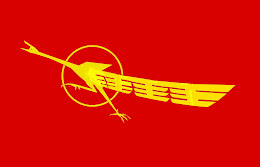





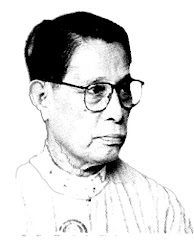


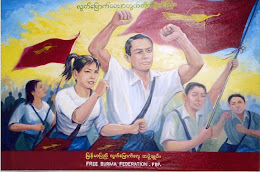





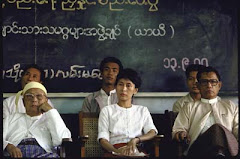

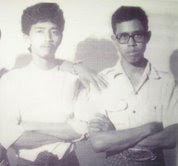

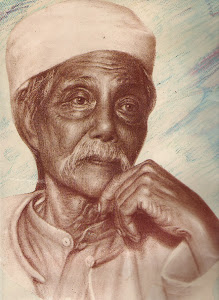
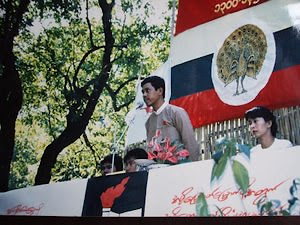
No comments :
Post a Comment